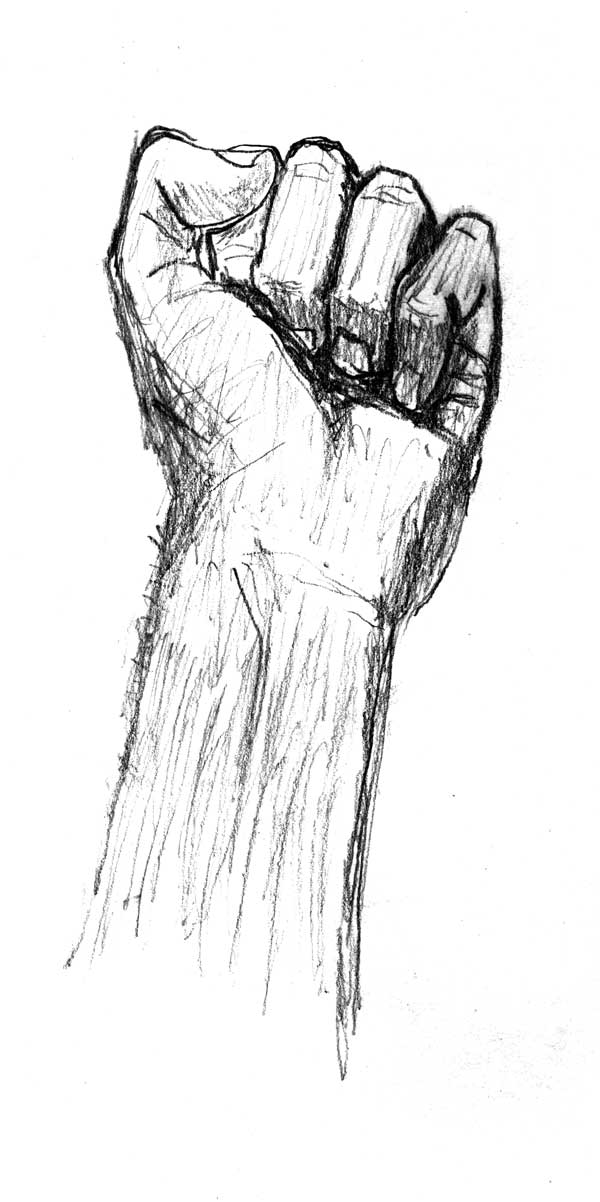An institution usually refers to an organisation or place of confinement with its own social roles where behaviour is formally restricted and under control of specific staff.
Institutional Aggression can be defined as aggressive behaviour that occurs within an institution and is motivated by social forces, rather than anger or frustration.
Psychologists have proposed two major explantations (or models) for Institutional Aggression:
- Importation Model,
- Deprivation Model.
The Importation Model
This model, proposed by Irwin and Cressey (1962), suggests that violence and aggression found in institutions is imported from the social world outside, the persons own social histories and traits are brought with them when they enter the institution, (e.g. addiction, un/employment, education and criminal behaviour) which in turn influences their adaption to the institutional environment. Irwin and Cressey argue that people are not 'blank slates' when they enter institutions, and that many of the normative systems developed on the outside would be 'imported' into the institution.
The Deprivation Model
This model, conceived by Paterline and Peterson (1999), implies that situational factors account more in causing aggression than interpersonal factors; the institution deprives the person of personal freedom and individual rights. Such situational factors that cause aggression can include:
- Crowding,
- Boredom,
- Petty Rules,
- Loss of Privacy,
- and Oppressive Regime.
Whilst someone is institutionalised they experience the 'Five Deprivations'. These are:
- Deprivation of Liberty,
- Deprivation of Autonomy,
- Deprivation of Goods and Services,
- Deprivation of Heterosexual Relationships,
- Deprivation of Security.


No comments:
Post a Comment